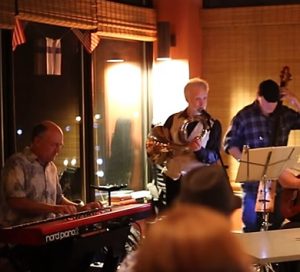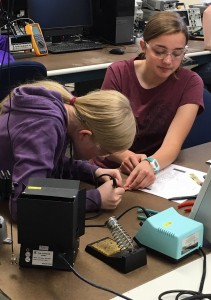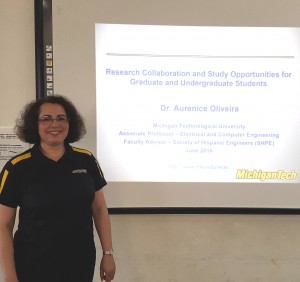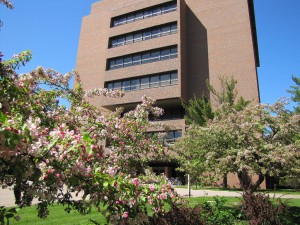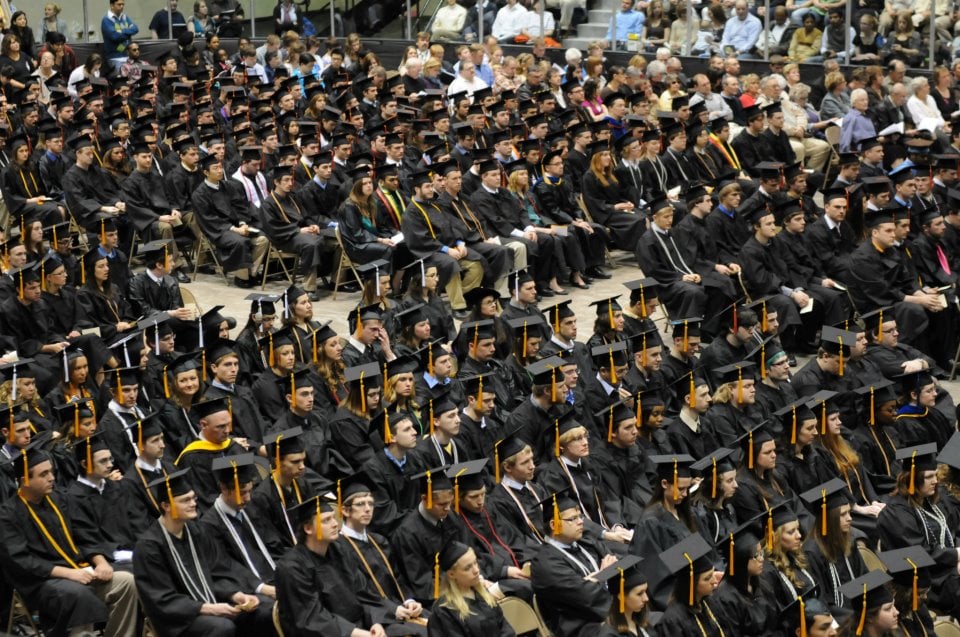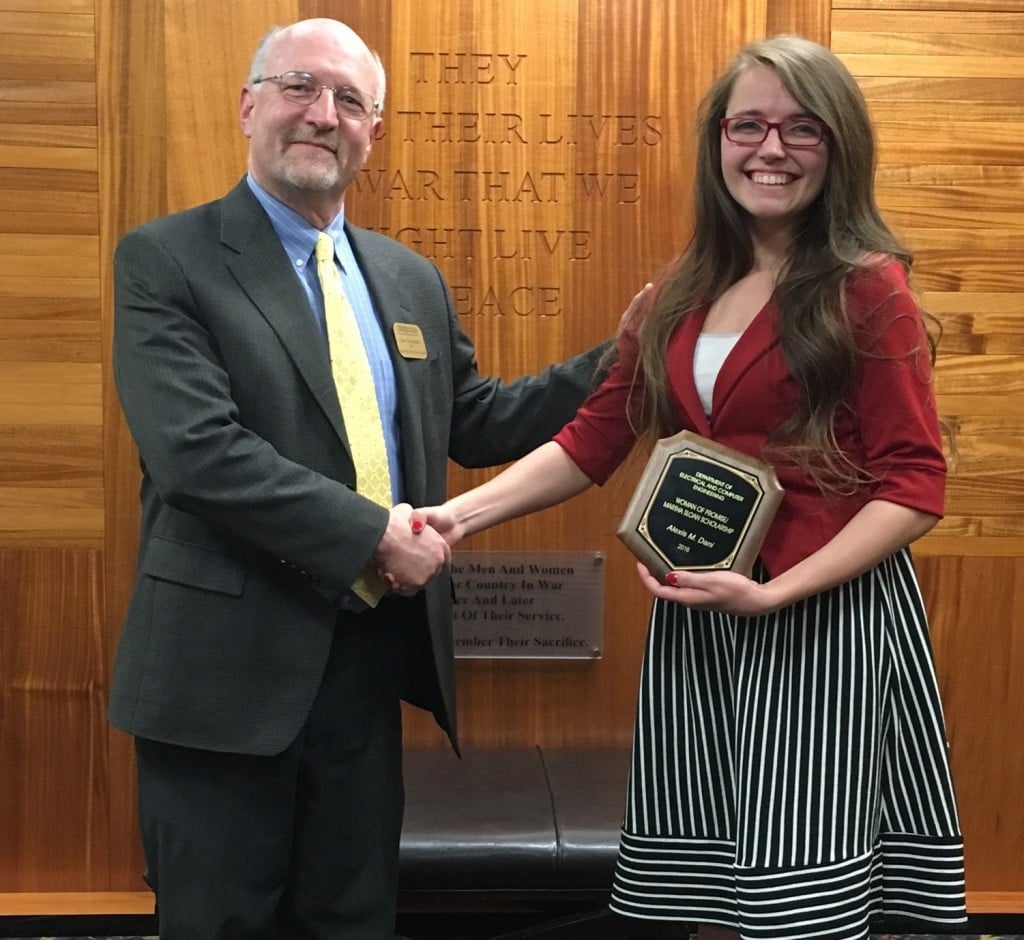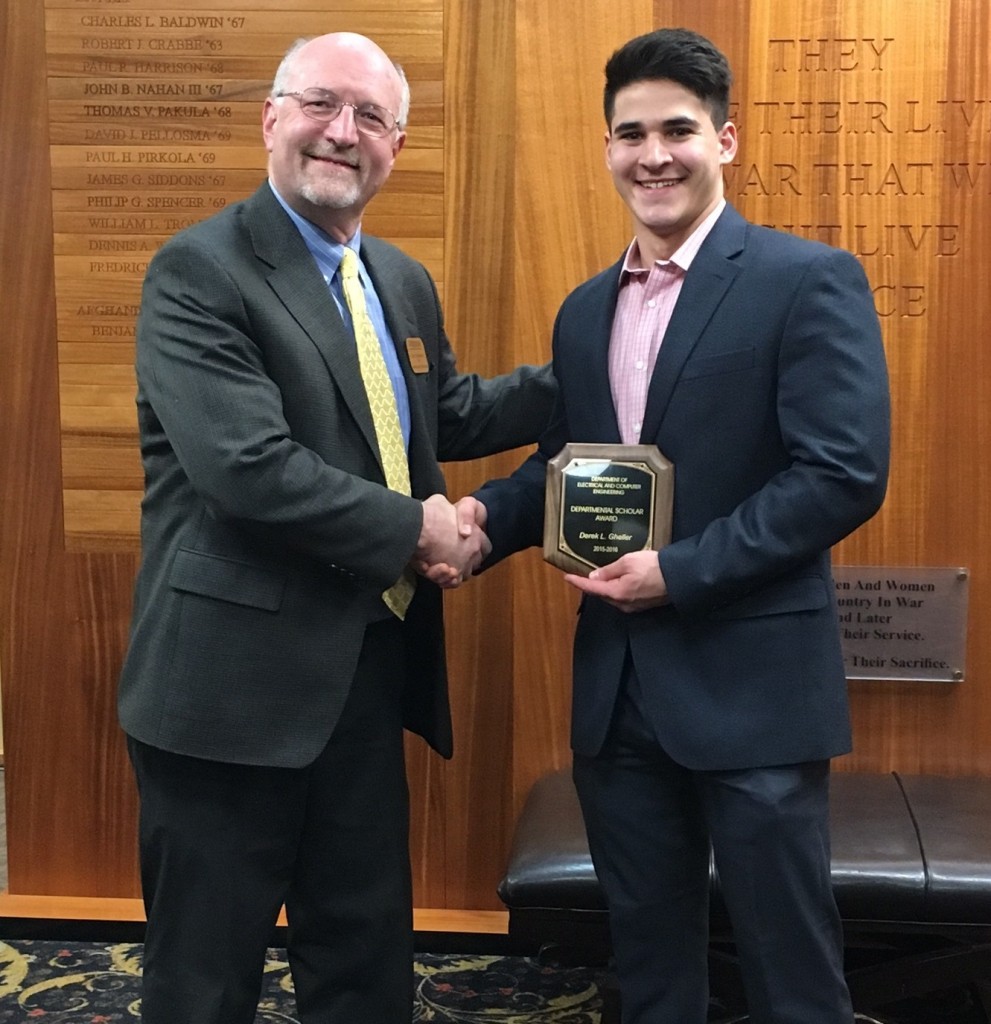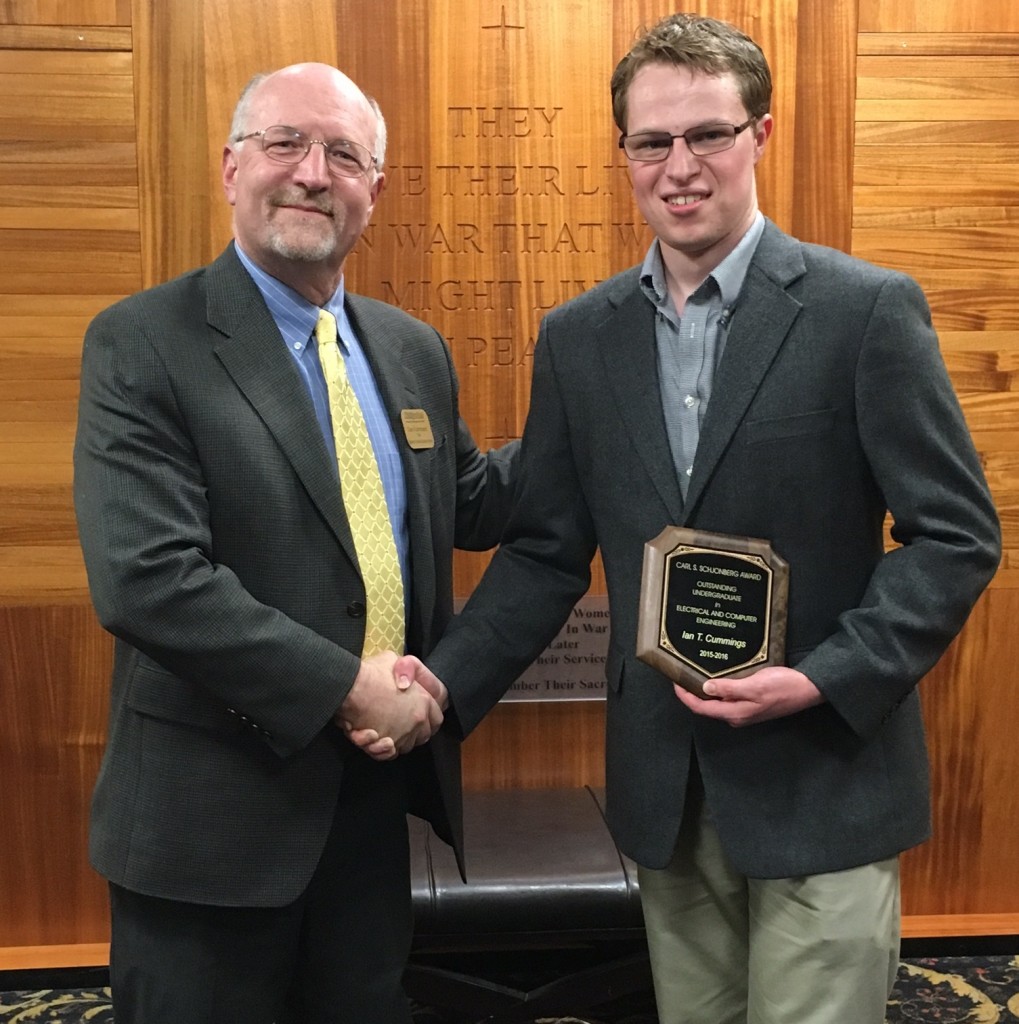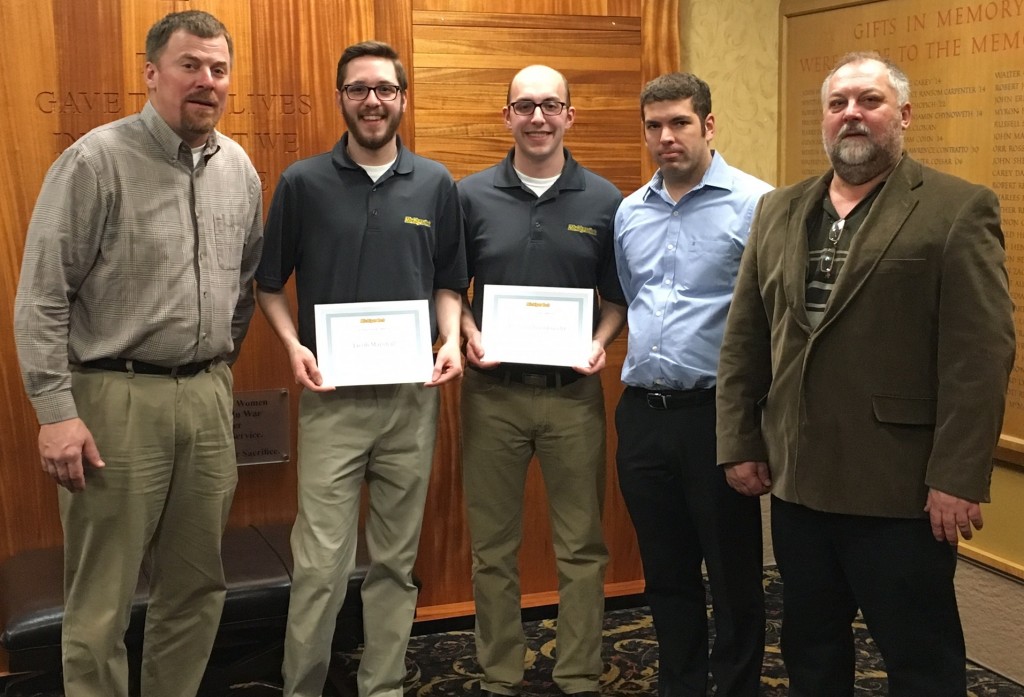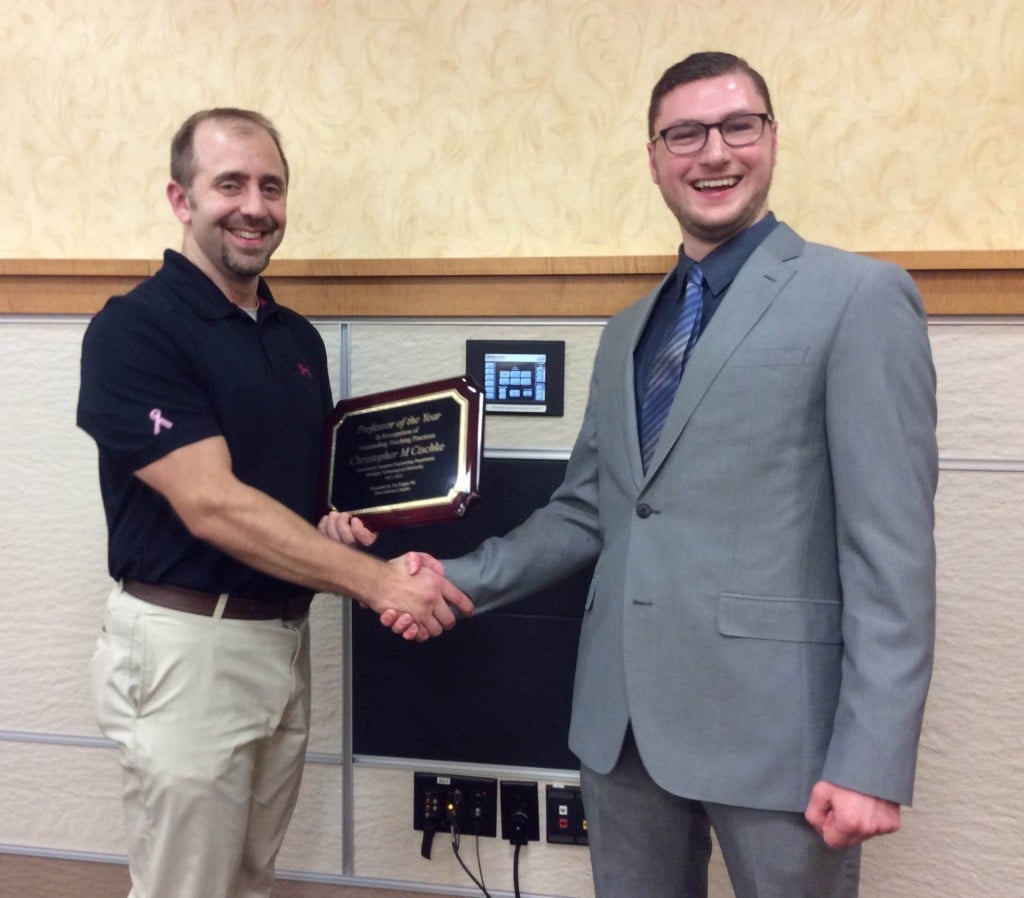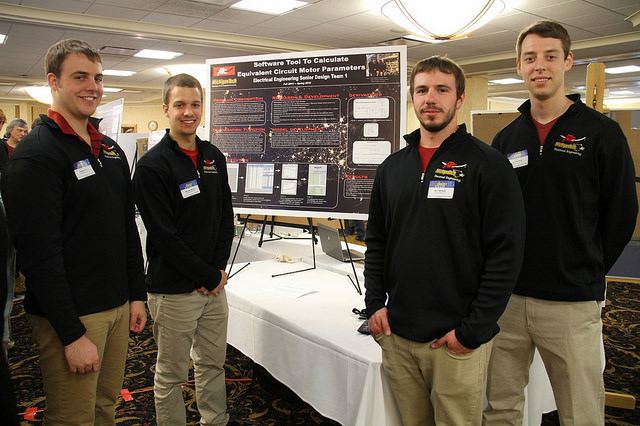 Derek Burrell (ECE) has been awarded a 2016 Optics and Photonics Education Scholarship by SPIE, the international society for optics and photonics for his potential contributions to the field of optics, photonics or related field.
Derek Burrell (ECE) has been awarded a 2016 Optics and Photonics Education Scholarship by SPIE, the international society for optics and photonics for his potential contributions to the field of optics, photonics or related field.
Burrell is an Electrical and Computer Engineering undergraduate student at Michigan Technological University working toward a BS in electrical engineering with a concentration in photonics. He has academic and industrial experience in the fabrication and testing of optical interconnects, design of photometric simulations and creation of light-based models for virtual reality systems. His research interests include telecommunications, digital image processing and materials characterization. The scholarship will provide $3,000 toward tuition and research funding for the 2016-2017 academic year. Derek is the current president of the Michigan Technological University SPIE Student Chapter.
Burrell was also recently selected by Michigan Space Grant Consortium (MSGC) for a $2,500 research fellowship that will begin Fall 2016 and concentrate on free-space optical communications.
Derek plans to pursue an MS in optical engineering after graduation.
For more information regarding the 2016 scholarship awards see SPIE.
